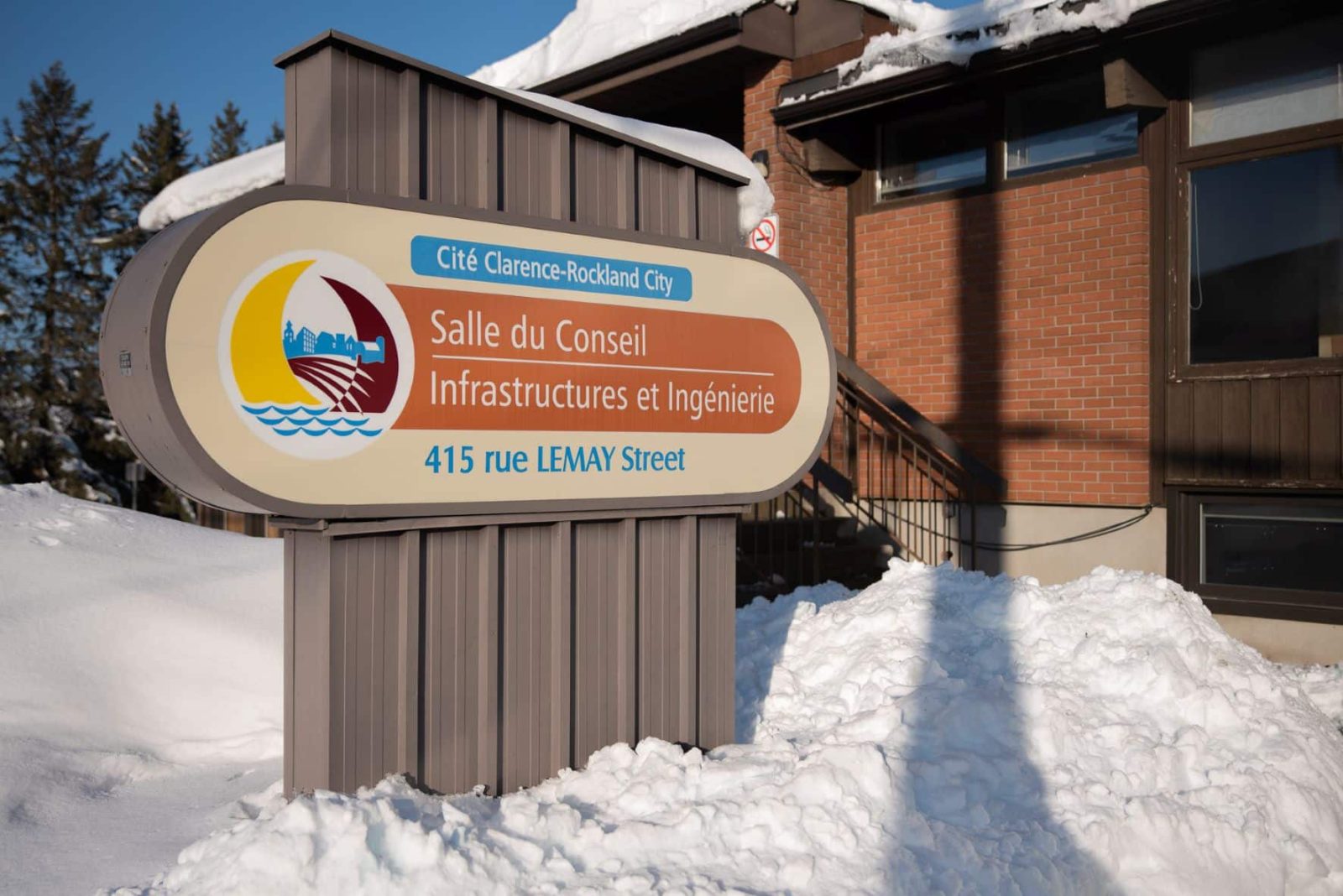Established in 2003, the Environmental Advisory Committee’s (EAC) mandate was to “promote the protection, maintenance and enhancement of all aspects of the environment in the city of Clarence-Rockland and to safeguard and improve the quality of life of those who live or work in the city, now and in the future,” according to the committee’s terms of reference.
Advice on the environment will now fall under the newly formed Community Development Consultative Committee, which acts as a “sounding board” for projects that could have significant impact on the community. This includes the creation of parks, waterfront development, and events and programming. The new committee also inherits the mandates of the Cultural Advisory committee, Off-leash Dog Park committee, Heritage committee, Parc du Moulin committee and Recreational Trails committee.
Mayor Mario Zanth hopes the change will give it more teeth, as the previous committee failed to provide the council and the city with anything of significance.
“I want these committees to work,” said Mayor Zanth. “I want these committees to bring solutions to council. I want the committees to be able to take what the city gives them and come up with a solution to bring to council. And none of the committees prior to now ever had that mandate”
The previous committees were asked to come up with new terms of reference in an attempt to give them the proper tools, but Zanth said they never presented them to council.
“So, we just said, scratch it, start over, let’s try something new,” said the mayor.
Zanth adds that he is committed to ensuring the city’s growth is sustainable and considers the environmental impact. If this reorganization doesn’t propose the desired results, then they will try something else, said Zanth.
President of Eco East Thaila Riden expressed a similar understanding of Clarence-Rockland’s environmental committee, acknowledging that it was largely a statutory requirement as a public liaison to ensure landfill requirements were met. For Riden, having environmental policies and commitments applied across all committees is important, regardless of whether or not there is a designated advisory committee.
“That said, we have been monitoring what could be a troubling trend of decline in municipal environmental committees across United Counties of Prescott Russell,” stated Riden, “with Alfred and Plantagenet also dissolving and the Casselman committee facing challenges and criticism last year as well.”
Pierre Voisine, Clarence-Rockland chief administrative officer, said while the committee is no longer, the mandate remains.
“The environment is an important subject and will continue to be top of mind for the city,” said Voisine, adding the city plans to have an environmental strategy prepared by the first quarter of the new year.
The resolution passed just as the COP15 conference on biodiversity wraps up in Montreal where several mayors of major cities called upon municipal administrations around the world to be leaders in protecting nature and wildlife. Montreal Mayor Valerie Plante presented The Montreal Pledge, outlining 15 concrete actions cities must take to protect the environment, one of which, number 13, is to “integrate biodiversity into governance frameworks and public policies, and increase financial resources allocated to its conservation and sustainable use.”
Clarence-Rockland is not a signatory of the pledge, however, the elimination of the EAC seems to fly in its face. Placing the environmental mandate under the purview of a committee also tasked with developing the city’s waterfront could call into question the advice provided.
The resolution also includes the creation of a Grants and Contributions committee to review and recommend monetary grants through municipal programs.
The Planning, Accessibility, Adjustment and Truth and Reconciliation committees remain active for the 2022-2026 mandate.



